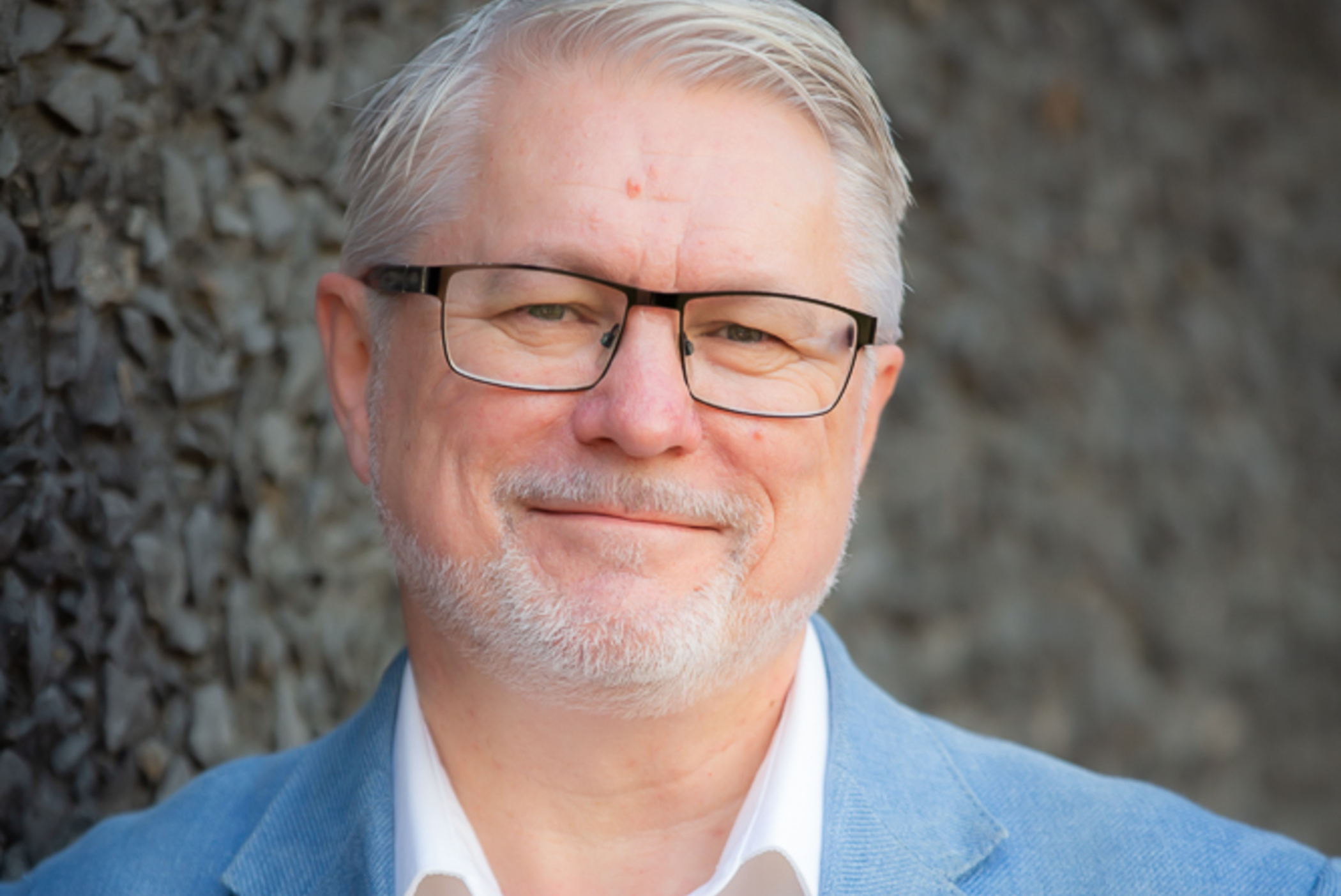KAUST prepares to welcome new dean of BESE Division

Professor Iain Young, current Dean of the Faculty of Science at the University of Sydney, to join KAUST as Dean of the KAUST Division of Biological and Environmental Science and Engineering (BESE) in mid-2022.
Professor Iain Young looks forward to joining KAUST and supporting the University's goal-oriented vision to help build a more sustainable future for the planet through a focus on academic excellence across teaching and research.
Young, the current Dean of the Faculty of Science at the University of Sydney, will commence as Dean of the KAUST Division of Biological and Environmental Science and Engineering (BESE) in mid-2022.
"Coming to KAUST will be one of the greatest privileges of my academic career," Young said. "Being part of a university that seeks to improve the lives of the people of the Kingdom and beyond through the application of scientific knowledge in areas such as habitat preservation and individual and community health is a unique opportunity. My wife Aileen and I were very impressed by the people, facilities and campus during our visit."
His definition of success as a university dean means effectively helping staff and faculty reach their full potential by focusing on success and dealing with problems quickly and efficiently. He is also a proponent of multidisciplinary research and teaching.
Research interests and background
With a record of distinction in education and research, Young brings more than 30 years of experience in academia across institutions in the United Kingdom and Australia, during which time he has held significant administrative and leadership positions. He earned a Science Honors degree and Ph.D. in soil physics from Aberdeen University. A biophysicist working at the interface of physics and biology, he focuses on the biophysics of soil, using soil as a model system to examine functionality in complex porous media over space and time.
"Agriculture is quite interesting because it's a discipline, an industry and a community," Young pointed out. "These components are of primary importance for the Kingdom of Saudi Arabia in terms of water efficiency, heat stress and a range of other things. Agriculture doesn't sit in isolation from other disciplines. It needs bioengineering; it needs nano; it needs quantum. All these other areas of expertise need to come together, and that's happening at KAUST."
Young said that his research fits into the KAUST Center for Desert Agriculture, but that he also sees potential links with areas such as bioengineering and polymers, and in working with researchers at the KAUST Red Sea Research Center and various modeling groups."
Soil as key to planet's health
As BESE Dean, Young looks forward to leveraging and building connections between the groundbreaking research being pursued at KAUST in the strategic areas of food, water, energy, and the environment to set the planet on a more sustainable path. Referencing his agriculture specialty as a case study on how science can make the world a better place, he pointed to a vital resource essential to all human life: soil.
Young said that soil is the most complicated biomaterial on the planet, without equivocation, and that in a handful of fertile soil, there are more individual organisms than the total number of human beings that have ever lived.
"As the lungs of the planet, soil cleans water, provides water and has the highest biodiversity of any other terrestrial landscape cover. Without soil, we would become like Mars, and we wouldn't have a population," he added.
World governments have been good at devising policies on resources such as fossil fuels and preserving air quality, but very few governments have concretely spelled out policies on soil protection. As urban centers grow at a rapid pace, fertile soil is increasingly being covered up by buildings and roads.
"We should protect our soil," he advised, pointing to the positive examples of Scotland and the European Union, which have enshrined soil protection into law.
A commitment to fundamental science and multidisciplinary
As an academic leader, Young is dedicated to creating cultures and environments that allow faculty and researchers to thrive. To this end, he leads by example, and gets the best out of those around him through a commitment to high performance, excellence and collaboration.
In one of his previous roles as the Founding Director and Professor of the Scottish Informatics Mathematics, Biology and Statistics (SIMBIOS) Centre at Abertay University, Young led an award-winning research team in environmental science. He said he particularly enjoyed working with a multidisciplinary group of scientists that included mathematicians, applied physicists and biologists.
"I acted as a sort of universal translator for them so that they could talk together. I'm used to that and really enjoy it," he said.
Young believes that the key to his success as a core soil biophysicist has been the ability to surround himself with brilliant people from different disciplines. He said that individual specializations are vital for the successful cohesion of any multidisciplinary endeavor, and that fundamental science serves as a foundational pillar for the development of day-to-day applications found in the most innovative technologies.
He is excited about the prospect of operating within a similarly multidisciplinary environment at KAUST, and said that the university has the fundamental disciplines and infrastructure needed to advance these applications.
"KAUST has bioengineering, carbon sequestration, blue carbon and direct access to the Red Sea. All are interconnected, and that's the great thing. I would like to connect them even more because some of the work is world-leading." He added, "As we strive to feed the world and save the planet, it’s clear that KAUST will be at the forefront of many of the endeavors by which we can reach this lofty goal. To be Dean of BESE at this time will be great fun and a wonderful opportunity."

